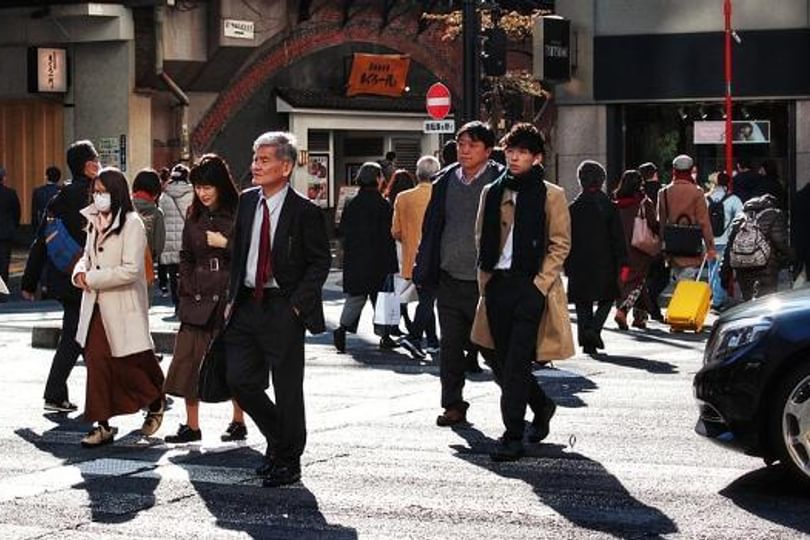
Care provision in industrialized countries has been commonly considered women’s work.
Yet we now see a rapidly emerging group of carers, men who combine parental caregiving with their employment, thereby exposing themselves to the same life-course and health risks so well-documented for working women who provide care. In Japan, the quitting of employment due to family care by 100,000 workers annually triggered a 2015 government initiative aimed at reforming work to make work and care compatible.
This research offers a multi-level understanding of the initiatives of the government, the Japanese Business Federation, and large firms to roll-out family care policy. We juxtaposed these views with the perspectives of employed male family carers based on ethnographic fieldwork. We carried out interviews with employers, the Japanese Business Federation and other stakeholders, and qualitative in-depth narrative interviews with men involved in care, complemented by participant observation. We provide ethnographic evidence portraying diverse ways in which our informants engaged with care for aged relatives given their employment context, and their cultural meaning of care provision.
This session is organised by the Oxford Institute of Population Ageing and will be conducted via Zoom:
https://us02web.zoom.us/j/8718...
Dr Hiroko Umegaki Constantini, University of Oxford/ SciencesPo, Paris
Hiroko is a Marie-Curie Fellow at the Oxford Institute of Population Ageing. At The Observatoire Sociologique du Changement (OSC) at SciencesPo her research is focused on elderly care and care technology in Japan and France, which is fully-funded by Horizon 2020 Marie Curie actions by the European Commission.
Her research addresses the nexus of family relations, gender and masculinity, and care for young and old family members. A main focus is on how gender permeates couples’ care practices in the family and how men’s involvement in care evolves, including in contemporary society and in a historical context, over their life course, from care for children to ageing parents.
Professor Glenda Roberts, Waseda University, Tokyo
Glenda S. Roberts obtained her PhD in Anthropology from Cornell University in 1986. After holding research and academic positions in Honolulu from 1988, she has lived and worked in Japan since 1996, first at the University of Tokyo Institute of Social Sciences, and then, from 1998 to the present, at the Graduate School of Asia-Pacific Studies of Waseda University, where she is Professor. Her major areas of research are on gender, work, family, and migration policy in contemporary Japan. Her most recent works on family include, with Satsuki Kawano and Susan Long, 2014, the edited volume Capturing Contemporary Japan (University of Hawaii Press) and “Japan’s Evolving Family: Voices from Young Urban Adults Navigating Change” (East-West Center, 2015). She is the former President of the Society for East Asian Anthropology of the American Anthropological Association.